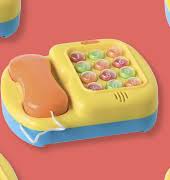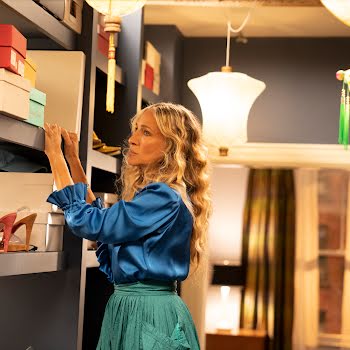Ask the Doctor: ‘Is there a reason why my 5-year-old keeps getting UTIs?’
By Sarah Gill
30th Apr 2024
30th Apr 2024
All your burning health questions answered by the professionals.
“My son, 5, suffers from recurrent urinary tract infections. He has been to our doctor multiple times, and has taken multiple courses of antibiotics. Although otherwise healthy, these really seem to knock him each time he gets one. We have no family history of this and ensure that he eats a healthy and balanced diet. Is there anything we can do to find out why he keeps getting these so we can try to stop them?”

Answer from Professor Fardod O’Kelly, Consultant Paediatric Urologist, Beacon Hospital
There are several potential reasons for this. The first question to ask is what you mean by urinary tract infections (UTIs)? Is it symptoms, or have they been confirmed by urine dipstick and then sent to a lab?
A lot of kids end up on multiple courses of antibiotics without knowing the underlying type of infection, or the cause. If these are true infections, then it is important to understand whether they are associated with fevers or not. Those without fevers are often confined to the bladder. Kids can still feel awful with these, but they are less likely to travel to the kidney and cause injury.
The main reasons for urinary tract infections worldwide in this age group is constipation, followed by voiding dysfunction (not peeing enough during the day, holding until the last minute, and then potentially rushing or even not making it). The last big reason is a problem with the kidneys or ureters (tubes from the kidneys to the bladder). These are often associated with fevers, and I would generally order an ultrasound of the kidneys and bladder to ensure there are no obvious issues upstream.
A condition called vesicoureteric reflux (which can be genetic) is associated with UTIs in both children and sometimes adults, but this usually makes kids sick from UTIs as it allows infected urine up to the kidneys, rather than causing them. There is a small surgical procedure using a camera (without cuts or stitches) that can help with this.
Sometimes, symptoms of urinary tract infections can also follow on from upper airway/ENT infections such as strep throat or tonsillitis. They can also occur indirectly due to issues with the foreskin.
In general, you don’t need blood tests when dealing with simple UTIs. A good history and physical examination will figure out the problem in less than 80% of the time. Kids this age should be stooling daily, and peeing (voiding) about 6-8 times per day, and evenly spaced out. Occasionally we would refer kids for ultrasound, or carry out a uroflow study (electronic measure of pee characteristics) in the clinic.
Other options could include paediatric pelvic floor physiotherapy, a look into the bladder with a camera while the child is asleep, through the surgical day ward to ensure normal appearing anatomy (cystoscopy), or even a referred to behavioural urotherapy. In general, medications are not required, but it depends on what the underlying problem is, and can vary from medication to control the bladder, to temporary low-dose antibiotics to break the cycle of infection.
Have a question for the professionals you’d like answered? Get in touch with [email protected] with the subject headline ‘Ask The Doctor’.



















